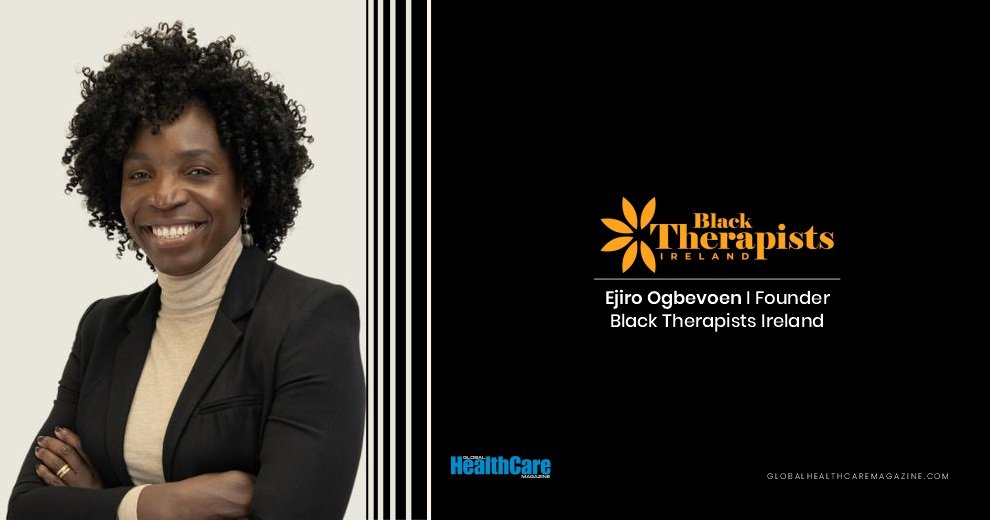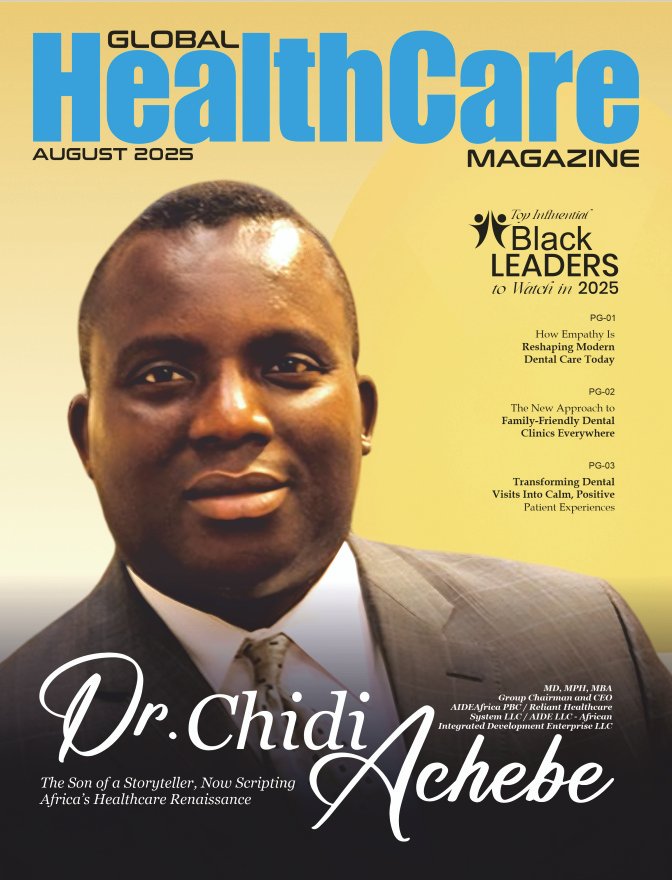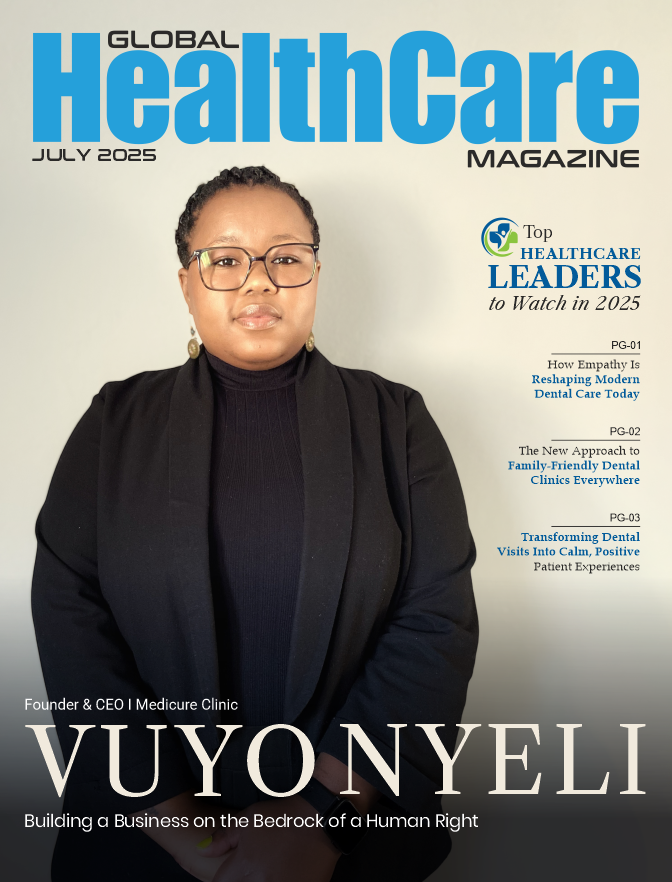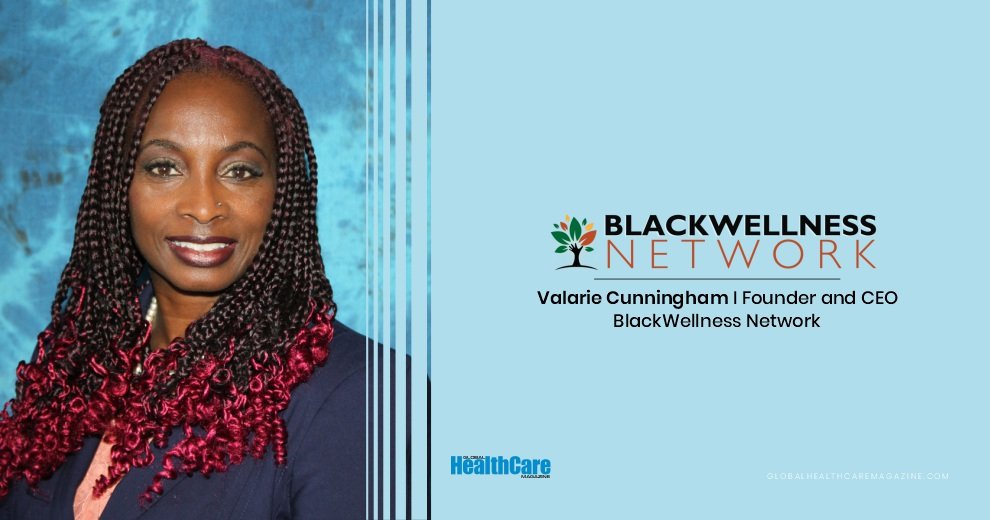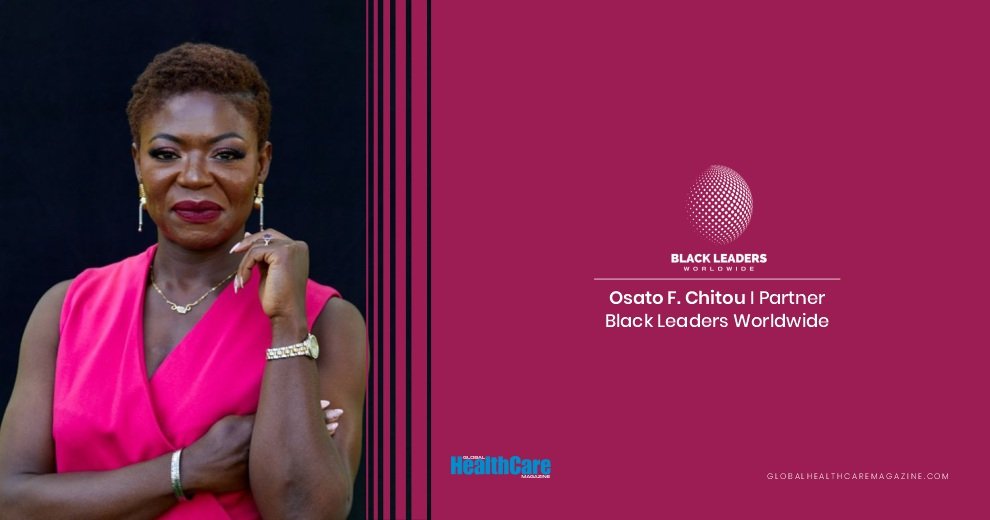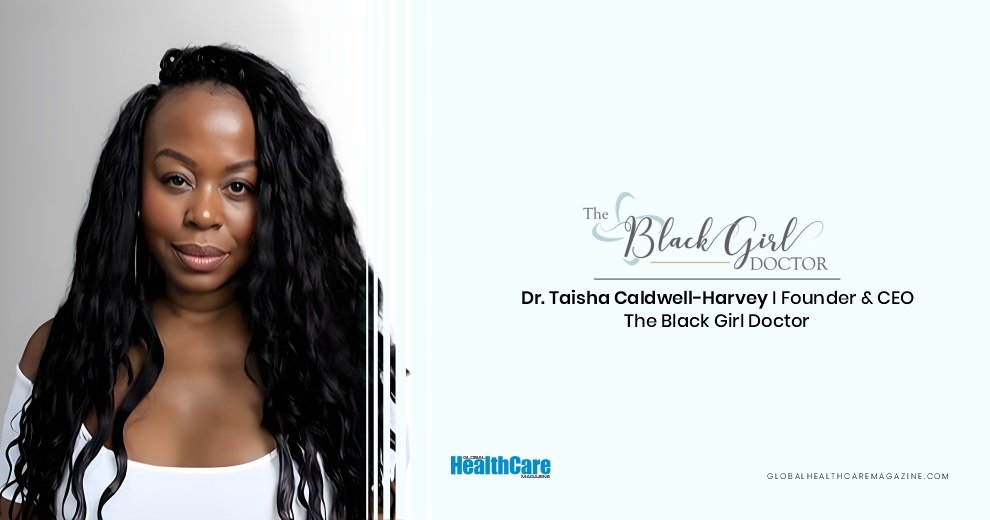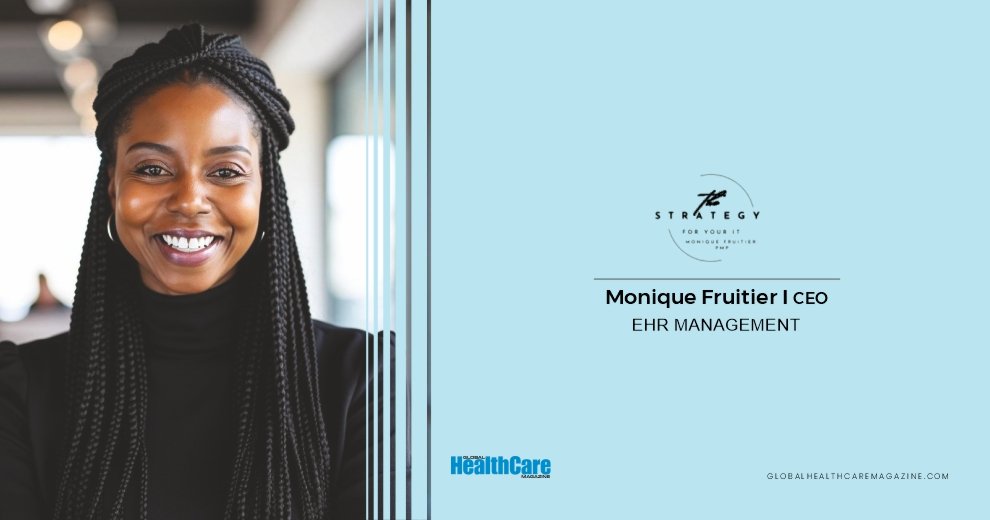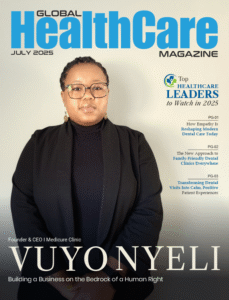The screen flickers to life not with a bang, but with a palpable sense of calm. On the other end of the virtual call, a Black executive in a Dublin high-rise adjusts his tie. He has spent the day navigating spreadsheets and stakeholder meetings, a world of crisp data and quantifiable outcomes. Here, in this digital sanctuary, the metrics are different. They are the subtle shifts in posture, the catch in a voice, the slow untangling of a thought that has been knotted for years. The person guiding this process, Ejiro Ogbevoen, doesn’t so much speak as create a space for speech to happen. Her presence is a gentle gravity, pulling the unsaid and the unacknowledged to the surface. There’s no clinical distance, but a profound, knowing closeness. It’s the feeling of explaining a joke and having the other person not only laugh but understand the culture it came from without a footnote.
This is more than therapy; it’s an act of recognition. And for many Black professionals in Ireland, it’s a revelation.
Ejiro Ogbevoen is a psychotherapist, a clinical supervisor, a university lecturer, and, perhaps most importantly, a founder. But to describe her by her titles is to describe a library by its card catalog—accurate, yet missing the soul of the thing. The soul of Ejiro’s work is a burning, brilliant desire: to facilitate healing and wellbeing in the global black community, starting right here in Ireland. It’s a mission that led her to create Black Therapists Ireland (BTI), an organization that is less a business and more a landmark—a place on the map where none existed before, a destination for those who felt they were navigating their inner world without a compass that understood their true north.
The Unspoken Need
To understand the genesis of BTI, you have to understand the silence it was built to fill. For over a decade, Ejiro has worked at the forefront of psychotherapy in Ireland. Accredited with the Irish Association of Counselling & Psychotherapy (IACP), where she once served as a Board Member in 2016, she built a formidable career helping adults navigate the treacherous landscapes of anxiety, depression, and the quiet erosion of self-esteem. Her approach is a sophisticated blend—the philosophical depth of existential psychotherapy, the unconditional regard of person-centered therapy, and the pragmatism of short-term solution-focused therapy. She was successful, respected, and busy.
Yet, she saw a pattern, a quiet struggle at the intersection of identity and mental health. She saw Black clients, leaders in their fields, who carried a dual burden: the universal stresses of life and work, and the specific, nuanced weight of being a minority in a corporate, and often very white, space. They needed to talk about microaggressions without having to define the term. They needed to explore feelings of otherness with someone who didn’t see their Blackness as an exotic variable, but as a fundamental, lived reality.
“It should be easy to access culturally appropriate therapy when needed,” Ejiro states, and the simplicity of the phrase belies the revolutionary idea behind it. For so long, it wasn’t easy. Therapy, a practice predicated on vulnerability, becomes immeasurably harder when the person seeking help feels they must first educate their therapist on the very texture of their life. “When a person is experiencing a state of mental distress,” Ejiro explains, her voice imbued with the patience of a seasoned practitioner, “it helps to seek that which is familiar for comfort and reassurance.”
That familiarity is what Ejiro has bottled and built. Black Therapists Ireland isn’t just a directory; it’s a promise. A promise that the therapist on the other end of the line shares and understands your heritage, providing a foundational sense of safety that can accelerate the entire therapeutic process.
The Blueprint for Belonging
Black Therapists Ireland is an elegant solution to a complex problem. The mission is to bring together therapists with black heritage, all fully trained, affiliated with professional bodies, experienced, and deeply passionate about their work. These are not just practitioners; they are custodians of cultural awareness. They understand the difference between the collectivism of an African upbringing and the individualism of the West. They get the weight of family expectation, the coded language of diasporic identity, the exhaustion of constant self-advocacy.
The organization is a three-pronged marvel of community building. First, it serves the client. It aims to reduce mental health stigma within the Black community by making engagement feel less like a clinical procedure and more like a conversation with someone who gets it. The second prong is for the therapists themselves. BTI creates a crucial space for Black therapists to support each other, a network of peers navigating a demanding profession where they, too, are often in the minority. It is a space to recharge, to share, and to grow, ensuring they can continue to facilitate wellbeing for all.
The third prong is perhaps the most expansive, and it’s one Ejiro is emphatic about. On the BTI website, in bold letters, a message sings out: “You Do Not Have To Be Of Black Heritage To Seek Mental Health Support Here!” This isn’t about creating an enclave; it’s about establishing a center of excellence that is open to all. The organization’s therapists offer their services to the wider Irish community, “inclusive of every culture, ethnicity, race, gender, religion, neuro-divergence, ability, age, marital status, family status, and the traveller community.” BTI is a testament to the idea that expertise born from one specific experience can create a more compassionate and understanding environment for everyone.
The Ripple Effect
Ejiro’s work doesn’t stay within the confines of BTI. Her influence radiates outwards, into the very institutions that shape Ireland’s future. As an Assistant Lecturer at Dublin City University and a Lecturer at PCI College, she is not just practicing therapy; she is molding the next generation of therapists. She is embedding the principles of cultural competency and awareness into the profession’s DNA.
Her past collaborations read like a map of Irish civil society: Dunlaoghaire-Rathdown County libraries, South Dublin Partnership, Cairde, the Irish-Ethiopian Adoption Organisation, Dublin Business Network, Network Ireland. She has taken the gospel of wellbeing from the corporate boardroom to the public library, driven by a philosophy she often grounds in the World Health Organization’s definition of mental health: “a state of well-being in which the individual realizes his or her own abilities, can cope with the normal stresses of life, can work productively and fruitfully, and is able to make a contribution to his or her community.”
It is this last part—making a contribution—that feels central to Ejiro’s entire endeavor. Her work is a contribution of staggering proportions.
For the business world, her message is direct and vital: “Wellbeing is key to success.” She works with organizations to help them invest in the unique mental health needs of their diverse employees, particularly their Black executives. This is not just a moral imperative; it’s a strategic one. A company that provides culturally fluent mental health support is a company that will attract and retain top talent. It’s a company that understands that an employee who feels truly seen and supported—an employee who can be their whole self—is an employee who can “work productively and fruitfully.” The bottom line, Ejiro’s work suggests, isn’t just about profit; it’s about the holistic success that comes from genuine human investment.
Looking at Ejiro Ogbevoen, one sees the embodiment of her work. She is composed, insightful, and profoundly present. She has looked at the landscape of Irish mental health, identified not a flaw but a void, and with quiet determination, has built a bridge across it. She has created a space to be heard, to be understood, and to be supported. In doing so, she is not just healing individuals; she is making the entire nation, in all its growing diversity, healthier, stronger, and more whole.
Also Read: Global Health Architects: Top Influential Black Leaders to Watch in 2025

